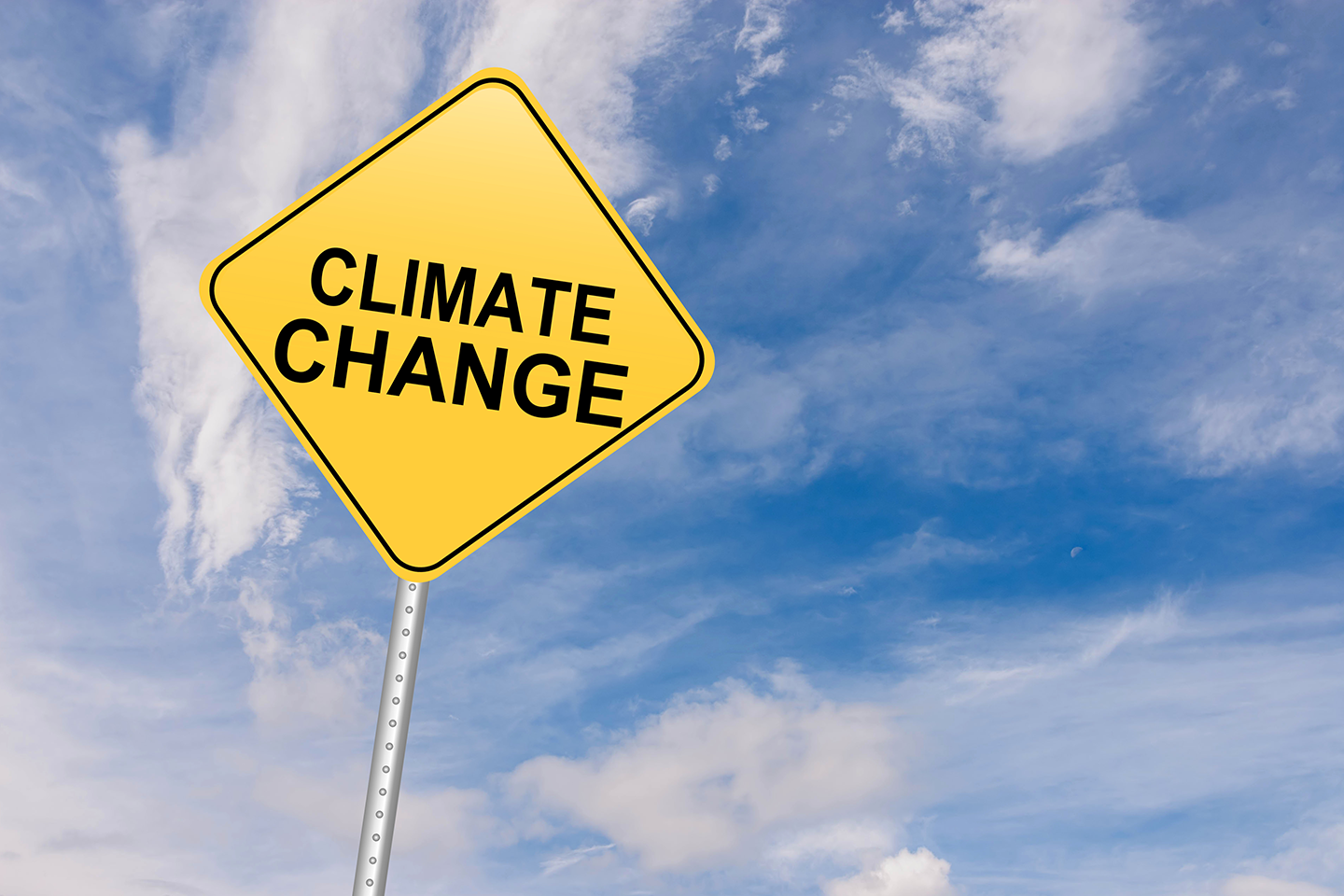Climate Change in India: Challenges, Impacts, and Solutions
Climate change poses a significant threat to the delicate balance of ecosystems, economies, and livelihoods across the globe. In India, a country of immense ecological diversity and socio-economic complexity, the effects of climate change are particularly pronounced. This article aims to explore the multifaceted nature of climate change in India, highlighting its causes, impacts, and the urgent need for adaptation and mitigation strategies.
Understanding Climate Change in India:
1. Causes and Contributing Factors: Climate change in India is primarily driven by human-induced factors, including greenhouse gas emissions from industrial activities, deforestation, urbanization, and the burning of fossil fuels. Additionally, natural phenomena such as variations in solar radiation, volcanic eruptions, and ocean currents also influence climate patterns.
2. Impacts on Weather Patterns: The impacts of climate change in India manifest through alterations in weather patterns, including changes in temperature, precipitation, and the frequency and intensity of extreme weather events such as cyclones, floods, droughts, and heatwaves. These shifts pose significant challenges to agriculture, water resources, infrastructure, and human health.
3.Vulnerability of Communities: India's diverse population, particularly those living in coastal regions, mountainous areas, and arid zones, is highly vulnerable to the adverse effects of climate change. Smallholder farmers, marginalized communities, and urban populations are disproportionately affected by food insecurity, water scarcity, loss of livelihoods, and increased susceptibility to natural disasters.
4.Impact on Agriculture: Agriculture, a vital sector of India's economy and a source of livelihood for millions, is particularly susceptible to climate variability and change. Erratic rainfall patterns, prolonged droughts, and extreme weather events disrupt cropping patterns, reduce agricultural productivity, and threaten food security, exacerbating poverty and rural-urban migration.
5:Water Scarcity and Resource Management: India faces mounting challenges related to water scarcity, depletion of groundwater resources, and contamination of surface water bodies due to pollution and inadequate wastewater management practices. Climate change exacerbates these challenges by altering precipitation patterns and increasing the frequency of droughts and floods, further stressing water supply systems and exacerbating inter-state water conflicts.
6:Ecosystem Degradation and Biodiversity Loss: India's rich biodiversity and fragile ecosystems are under threat from habitat destruction, deforestation, pollution, and invasive species, exacerbated by climate change-induced shifts in temperature and precipitation regimes. Degradation of ecosystems not only threatens biodiversity but also undermines ecosystem services such as soil fertility, pollination, and carbon sequestration, upon which human well-being depends.
Addressing Climate Change: Strategies and Solutions:
1.Policy and Governance: Strengthening policy frameworks, enhancing institutional capacities, and mainstreaming climate change considerations into national development plans are essential for promoting climate resilience, adaptive governance, and sustainable development.
2.Renewable Energy Transition: Accelerating the transition towards renewable energy sources such as solar, wind, hydro, and biomass is critical for reducing greenhouse gas emissions, mitigating climate change, and achieving energy security and sustainability.
3.Adaptation and Resilience Building: Investing in climate-resilient infrastructure, promoting climate-smart agriculture, and implementing early warning systems and disaster preparedness measures are key strategies for enhancing adaptive capacity and building resilience to climate-related hazards.
4:Community Participation and Awareness: Fostering community engagement, raising awareness about climate change impacts and adaptation strategies, and promoting grassroots initiatives for sustainable resource management are essential for fostering social cohesion, empowerment, and environmental stewardship.
5:International Cooperation and Collaboration: Strengthening international cooperation, technology transfer, and financial assistance mechanisms under global climate agreements such as the Paris Agreement is crucial for supporting developing countries like India in their efforts to mitigate and adapt to climate change.
Climate change poses unprecedented challenges to India's environment, economy, and society, necessitating urgent and coordinated action at all levels. By adopting a holistic approach that integrates science, policy, technology, and community participation, India can forge a path towards climate resilience, sustainable development, and a more equitable and prosperous future for all its citizens. As stewards of the planet, it is incumbent upon us to heed the call for action, mitigate our carbon footprint, and preserve the Earth's ecological balance for future generations. So, far Martin Foundation, founded by Santiago Martin in association with the district administration of Ramanathapuram, and through the support of Government of Tamil Nadu have planted over 20 lakh seeds to protect earth and its environment.
About Martin Foundation
We all want India to become a better place. But what we don’t realize is that our nation won’t get better by itself. Our duty as a responsible Indian citizen is to set big goals and hold ourselves accountable for each step of ours, towards reaching that way! We at Martin Enterprises, work in harmony with our vision to reduce poverty, injustice, etc., and assist the people in breaking this cycle and help them emerge out of it. Martin Karnataka strives to strengthen democratic values and advance human achievements. Martin Lottery believes in investing in transformative ideas, individuals, and institutions. We uphold the inherent dignity of all people irrespective of their caste, creed, race, etc. But around India, nearly half of the population is excluded from the political, economic, and social institutions that shape their lives.
